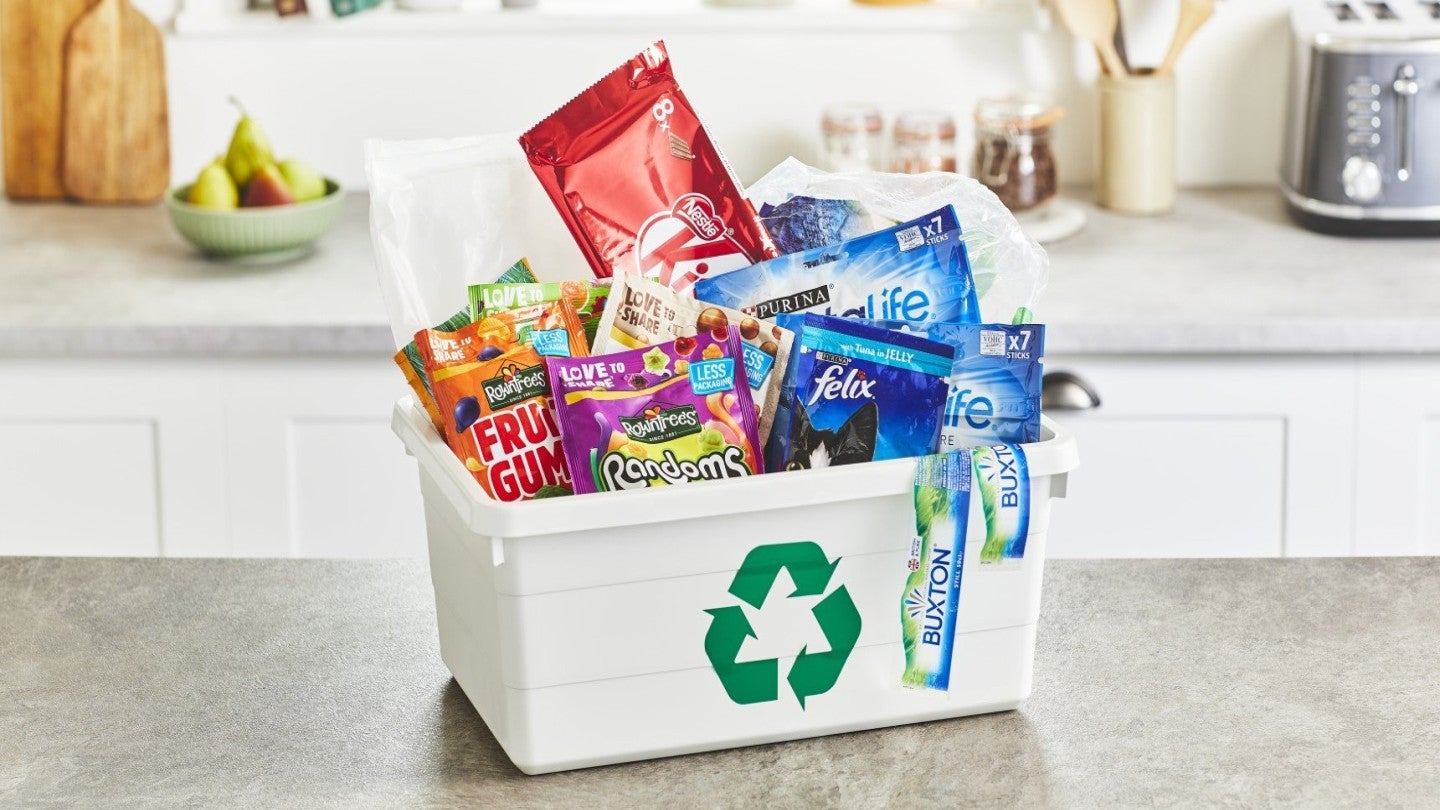
Food and beverage company Nestlé UK & Ireland has announced that it is providing a £7m ($8.6m) loan to Impact Recycling.
Impact will use this investment from Nestlé to expedite its technology development processes.
The new technology, referred to as Baffled Oscillation Separation System (BOSS), will be installed at Impact’s new plastic recycling plant, which is set to open in Durham, England, in mid-2024.
BOSS has been designed to sort waste plastics via spinning them in water, which signifies that different materials, based on their density, either sink or float.
This technique helps in identifying the correct material for recycling.
It will process hard-to-recycle flexible plastics, which are mainly used in food packaging, into pellets.

US Tariffs are shifting - will you react or anticipate?
Don’t let policy changes catch you off guard. Stay proactive with real-time data and expert analysis.
By GlobalDataThe recycled pellets can then be used for manufacturing new flexible products, including post and refuse bags, and can further replace the use of virgin plastic films in the construction and agriculture industry.
Nestlé UK & Ireland Packaging head Sokhna Gueye said: “At Nestlé, we are dedicated to ensuring our packaging can have multiple lives and doesn’t end up as waste in landfill. Supporting innovative technologies like this is just one of the many steps we are taking towards achieving this goal.
“In the UK and Ireland, our efforts continue at pace to ensure as close to 100% of our packaging is designed for recycling by 2025, and we continue to work towards all of our packaging being recyclable or reusable.”
Impact’s pending facility is expected to have a capacity of up to 25,000 tonnes (t) of flexible plastics.
Impact CEO David Walsh said: “We are delighted to partner with Nestlé on this initiative to develop a 25,000-tonne commercial recycling plant for post-consumer flexible plastic.
“Through this funding, Nestlé demonstrates its unwavering commitment to innovation and the pursuit of sustainable solutions for plastic packaging.”



